The Audit Findings Resolution Project
The Graduate School USA's Audit Findings Resolution Project was featured in The Public Manager, in an article written by Deborah A. Milks, CPA. Download a PDF version of the article below:
Improving Oversight and Accountability One Island at a Time

2.35 MB
Audit resolution has now become a cornerstone of the financial management improvement efforts launched more than a decade ago by DOI/OIA in cooperation with the Graduate School’s Pacific and Virgin Islands Training Initiatives (PITI-VITI) and the insular governments. Preparation of auditable financial statements and resolution of audit qualifications and findings are the most fundamental and universally recognized measures of good financial management. Audit compliance can be measured with quantified performance measures that are comparable for all governments and are easily categorized. The insular government infrastructure necessary to support audit compliance, including better financial systems, better trained management and technical staff and established public audit offices is now in place.
The insular governments have made significant progress in both the timeliness and accuracy of their annual audit submissions. From fiscal year 2003 to fiscal year 2006, the number of collective audit qualifications within the insular areas has dropped from 159, to 20. On average, the number of qualifications has decreased from 14 to 2 in that same time period.
Problems of compliance with requirements of the Single Audit Act of 1984 have been an issue in the insular governments since enactment of the legislation. Major compliance problems include failure to meet time schedules for submitting audited financial statements and lack of adequate processes to responded to and resolve adverse findings by the auditors.
A more basic problem has been resolving or “curing” the causes that give rise to audit findings. An analysis of audit findings from the single audits found that many of the causes were repeated year after year and government to government. As a result, the improvements in financial management intended by the audits are not being fully achieved, because the findings and the causes are not resolved in a complete and timely manner.
Better audit resolution and compliance with Single Audit Act deadlines is in the best interest of the island governments. Increased accountability is a major focus of negotiated amendments to the Compacts of Free Association and DOI/OIA has been given authority to take necessary measures to enforce accountability requirements, including those related to the Single Audit Act. With respect to the U.S. territories, compliance with Single Audit Act requirements has been declared one of the threshold criteria that must be met to receive a portion of $27.7 million awarded each year in capital improvement grants.

 1.808.523.1650
1.808.523.1650







 Oct 10, 2025
Oct 10, 2025
 Monique
Monique

 MORE INFO
MORE INFO
 August 2025
August 2025 Photo Gallery
Photo Gallery
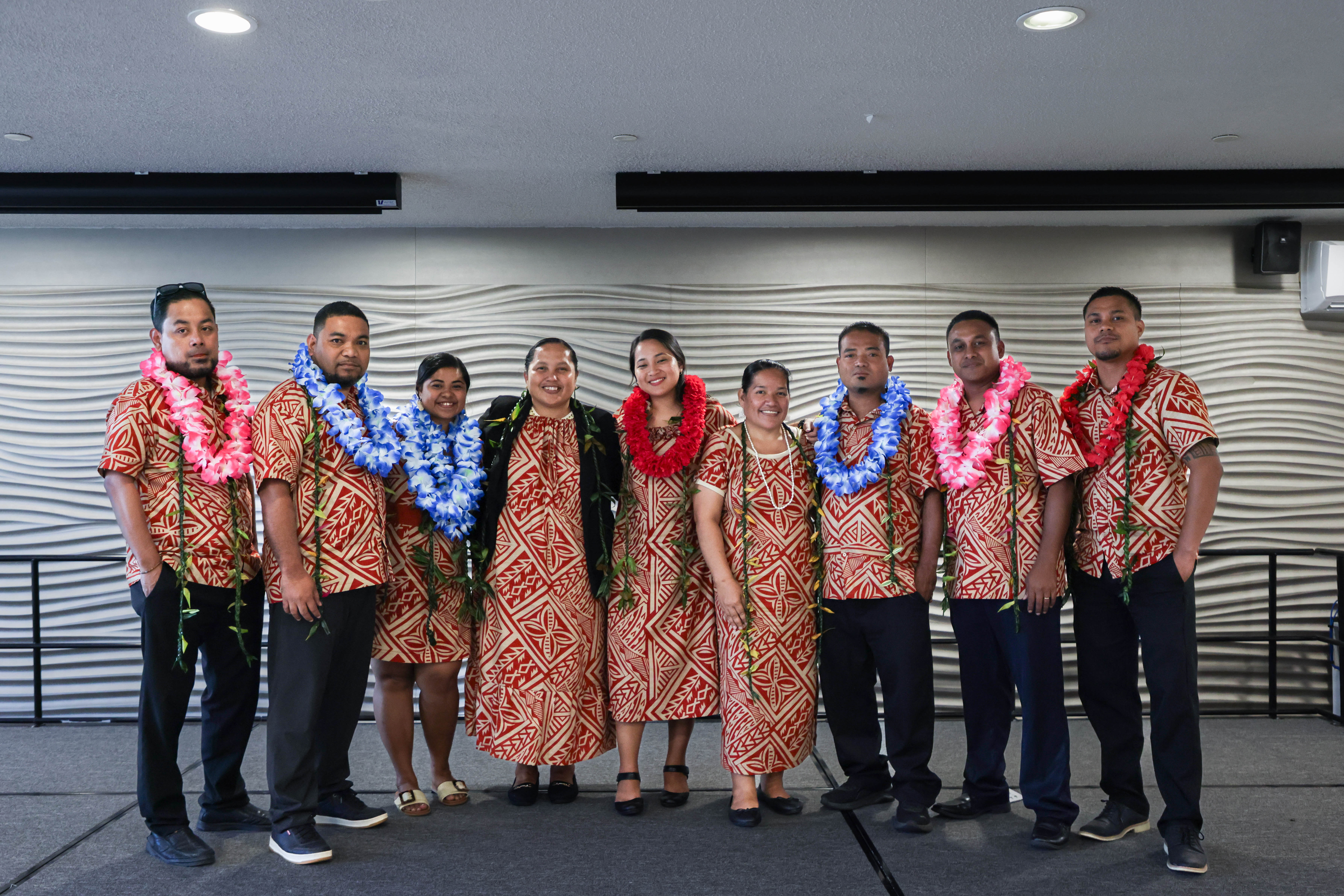

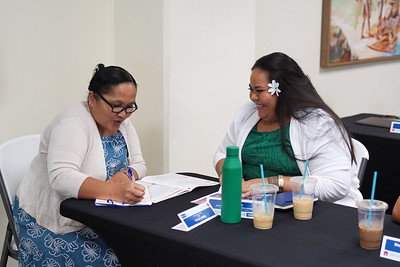
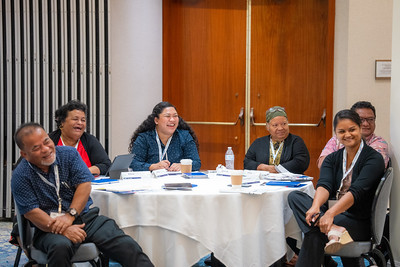
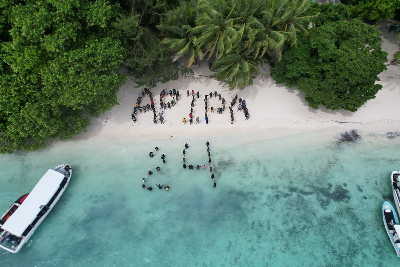


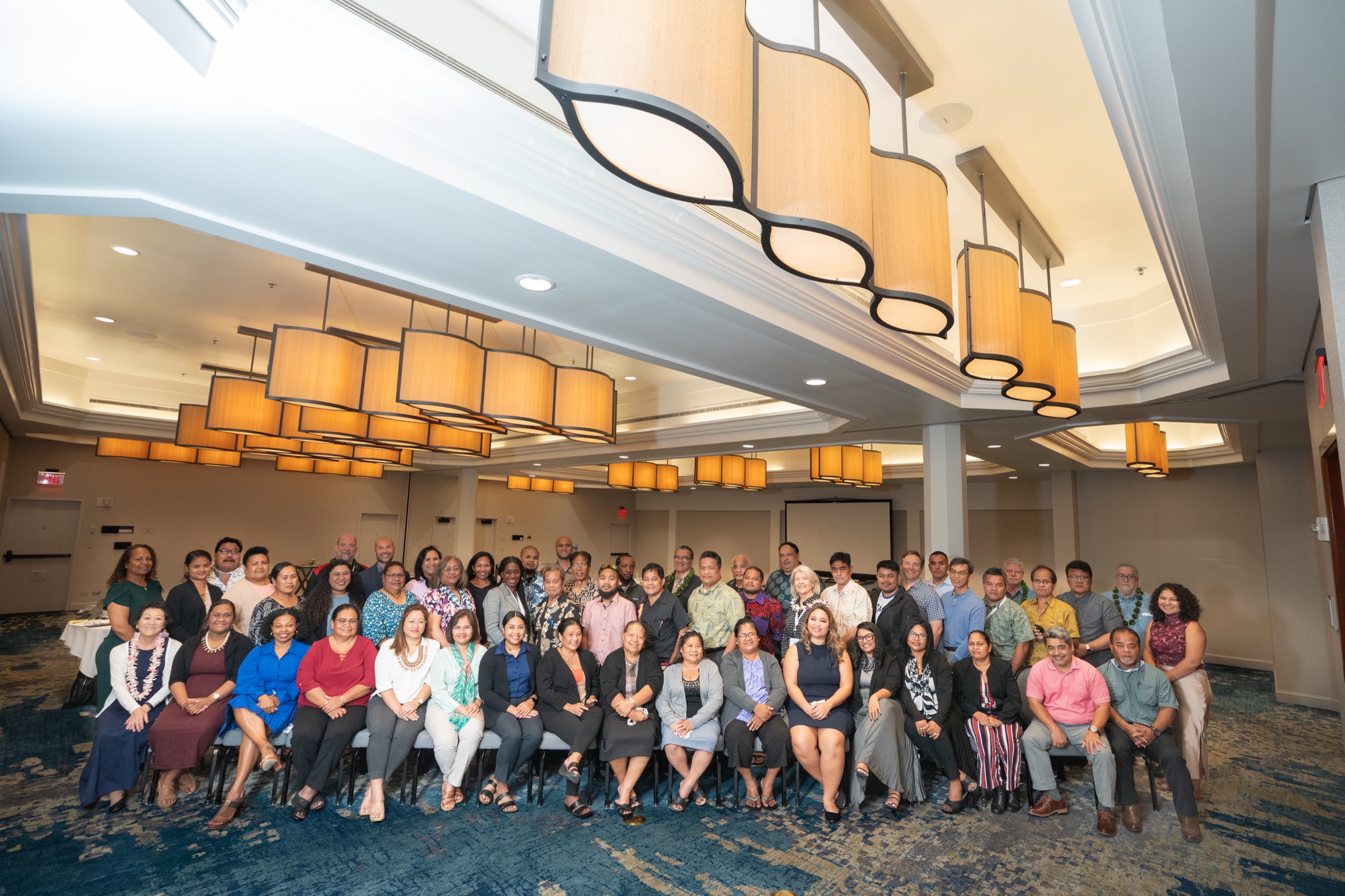


 COMPLETE GALLERY
COMPLETE GALLERY
 HOME
HOME NEWSROOM
NEWSROOM INITIATIVES
INITIATIVES CONFERENCES
CONFERENCES TRAINING
TRAINING ABOUT PITI-VITI
ABOUT PITI-VITI CONTACT
CONTACT ACCESSIBILITY
ACCESSIBILITY 1.808.523.1650
1.808.523.1650

 900 Fort Street Mall, Suite 1540 Honolulu, Hawaii 96813
900 Fort Street Mall, Suite 1540 Honolulu, Hawaii 96813


